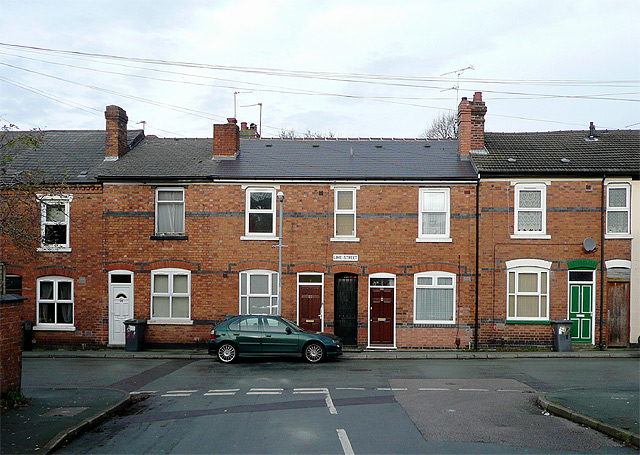Unite Housing Workers Branch
As the housing crisis intensifies, how can we fight back? Our branch is campaigning for policies that would make a difference, and we engage in the debate on how Unite and other unions can forge an effective political voice.
Just 5% of private rentals are affordable for people on housing benefit. New figures come through every week showing the intensifying housing crisis across all tenures.
Housing associations recently told the Inside Housing website that rent arrears have now risen to a higher level than during the pandemic. Numerous commentators have warned that people with mortgages face a ‘nightmare’ as the Bank of England pushes up interest rates. In London, the number of people sleeping rough has risen by 1,700 over the last year.
More social housing is desperately needed, but housing associations are cutting back on development, and according to another survey just 17% of the new homes built are social rented rather than more expensive tenures. When the effects of regeneration schemes, tenure change and right to buy are taken into account, housing associations have been responsible for a net loss of social housing in recent years. This reflects how they have become increasingly commercialised.
As housing workers, this crisis hits us hard. We see the consequences on society in our work, and below-inflation pay increases mean many members live in fear of losing their homes or are poorly housed themselves.
Unite has excellent policies to address the housing crisis and our recent branch resolution which will be put to the Unite Policy Conference in July seeks to update and strengthen Unite policy. But they stand in stark contrast to the policies of the main political parties, and unfortunately that includes Labour.
In a speech to the Chartered Institute of Housing conference, Labour’s Lisa Nandy made it clear that the Labour frontbench is startlingly close to the Tories.
There is a desperate need for rent control, and it is a policy that has massive support, according to polling. The Thatcher government ended rent control and secure tenancies for the private-rented sector, Unite calls for their return. Nandy’s comments only make any sense in the absence of a serious programme of council house building.
She also committed to retaining right to buy, which continues to erode the very limited supply of social housing, and she rejected calls for a temporary suspension of right to buy. Since the policy was launched in 1980, about two million council homes have been sold. An estimated 40% of them are now owned by private landlords who rent them out at much higher rates. She added that she “agrees with the government” that councils should keep receipts from sales to build new homes. But councils say this is nowhere near enough to replace lost social housing.
When Jeremy Corbyn launched his leadership campaign, one of the reasons our branch campaigned for Unite to support him was that he started from the idea that ‘there can be no solution to the housing crisis that doesn’t start from a mass programme of council house building.’
As a branch we will continue to campaign on housing and to support the housing association tenant and resident campaign SHAC. We also participate in the debate in Unite on political representation. At the forthcoming rules conference, we have a proposed rule change which would mean that the political committees of the union would no longer require full Labour Party membership as a requirement of sitting on them. Currently, if Labour expels a member, they can no longer sit on these Unite committees – why should Labour choose the makeup of our committees?
For policy conference we have tabled an amendment to a resolution, which would instruct the union to carry out a referendum of the whole membership on political representation. Should Unite be able to support candidates for parliament who support Unite policy but are not Labour candidates? Currently the union can only support official Labour by rule. A possible example would be Jeremy Corbyn. The national party has said that he cannot be a Labour candidate, but local supporters want him to stand. Current rules would suggest that Unite could not support him.
There is a crying need for a party that supports the battles of workers defending their living standards and campaigns on a socialist housing policy. We need a serious debate on how we get one. Even a workers’ list of candidates that support Unite policies would change the terms of debate at the next election.







